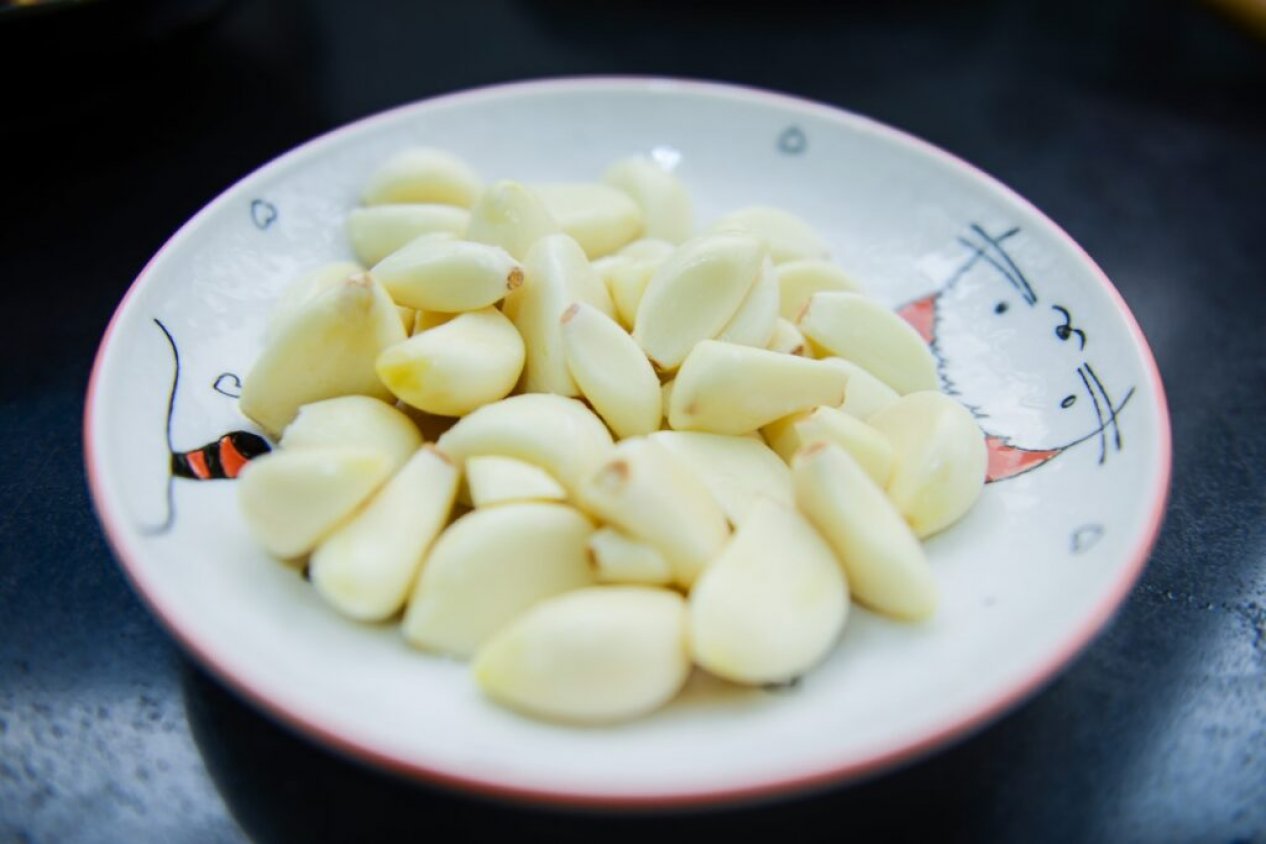
According to the National Institutes of Health (NIH)Trusted Source, there is not enough evidence to determine whether garlic can prevent or treat the common cold. Some results suggest that it could be helpful, however.
A Trusted Source included a study that found that participants who took garlic every day had fewer colds than participants who received placebos.
Researchers used aged garlic extract (AGE) in another study Trusted Source, which explored the effects of garlic on the immune system.
The authors noted that participants who took AGE reported fewer and less severe symptoms if they did catch a cold. These results suggest that taking AGE could help reduce inflammation.
There may be a direct link between one of the most distinctive qualities of garlic — its smell — and its useful properties. Crushed garlic’s characteristic scent comes from allicin, which is effective against many different kinds of bacteria, viruses, and fungi.
Garlic is safe for most people to consume unless they have allergies. It could cause stomach discomfort for some, and others might not like the taste or smell. It can give the breath a strong odor, too.
People should avoid applying garlic directly to the skin, as it may causing burning and irritation.
Garlic has many active antimicrobial components, but allicin is the most researched. Allicin originates from the sulfur-containing amino acid alliin in a conversion facilitated by the enzyme alliinase. Alliin and alliinase are contained in separate compartments of the garlic clove. When garlic is crushed, the two ingredients come together to generate allicin, a highly volatile compound that provides the lovely smell of fresh garlic.
Allicin contains sulfur amino acid groups that enable it to target thiol-containing enzymes, particularly those in non-mammalian cells. Thiol is another term for sulfhydryl groups (SH), and if 2 of them are close enough when a protein is folded, they become deprotonated and form disulfide bonds. Allicin interferes with thiols by forming disulfide bonds with protonated sulfhydryl groups, a temporary and reversible reaction that inactivates the proteins in key microbial processes such as RNA synthesis and acetyl-CoA formation.
Eating garlic can boost the number of virus-fighting T-cells in your bloodstream -- important because colds and the flu are caused by viruses. Nutrition scientists from the University of Florida reported in the journal Clinical Nutrition in 2012 that taking aged garlic extract reduced the severity of cold and flu symptoms and that the symptoms went away faster in those who took the garlic extract than among those who didn't The scientists speculated that the garlic extract worked by boosting participants' immune cell function.
It's no coincidence that you always seem to catch a cold or the flu when you're overworked or stressed out. A research team from Carnegie Mellon University in Pittsburgh reported in the November 2011 issue of the Proceedings of the National Academy of Sciences that the body loses its ability to fight off infections when it's constantly under stress.
Most people can consume garlic and have no unpleasant side effects (other than bad breath). But if you take blood thinners such as warfarin (Coumadin) or are about to have surgery, you don't want to mess with garlic because it can thin your blood even more and make you bleed. Garlic also can cause stomach upset in some people, Caplan said. If you're consuming lots and lots of garlic to boost your immunity, tell your doctor.
Thus, scientists have not yet come to a consensus about the effectiveness of garlic against colds and flu. Some experts argue that it can protect against or alleviate the disease, others that the evidence for this is too small or of low quality. Since there is still some evidence of its effectiveness, it may not be superfluous to include it in your diet during the season of respiratory infections. But for this you need to have a healthy stomach and intestines. If they are not in order, garlic can do harm.




















